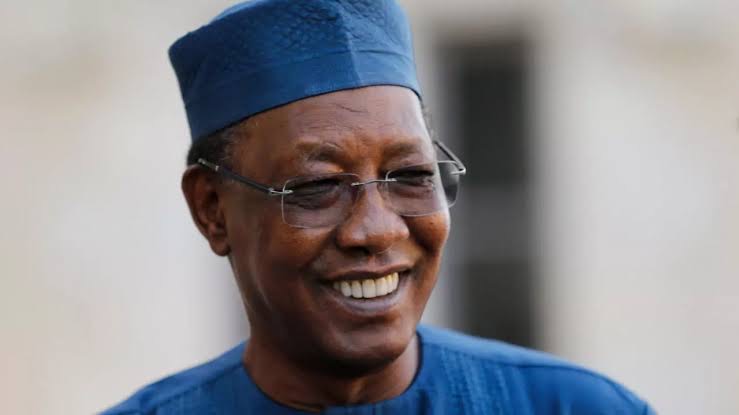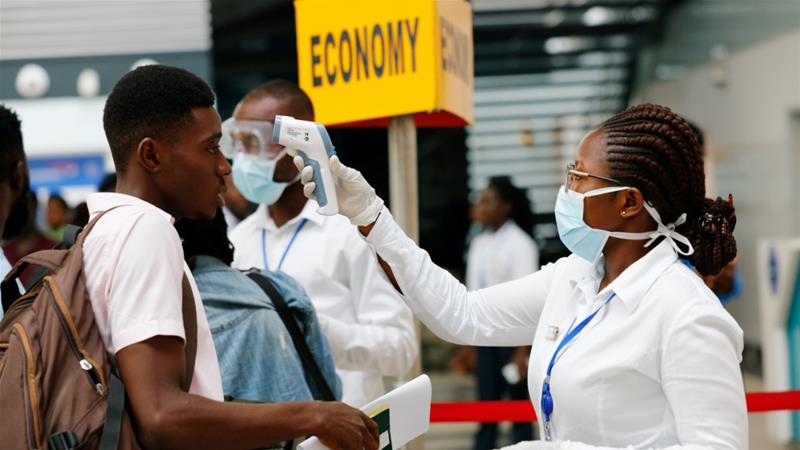Burundi Expels WHO Officials. Here Is The Possible Explanation


As of the time of this report, there are over 4.6 million cases of coronavirus. At least 1.7 million have recovered while there are over 300,000 fatalities. The World Health Organization (WHO) is working with different countries to contain the spread. However, not every country thinks the WHO is doing a lofty job. The small landlocked nation of Burundi expelled four WHO officials—and everybody is guessing why.
A letter from Bernard Ntahiraja, the foreign affairs assistant minister, addressed to WHO’s Africa headquarters describes the four officials as “persona non grata and as such, must leave the territory of Burundi.” The letter dated May 12, 2020, gave the officials until Friday, May 15, 2020, to leave the country. There were no further reasons for their expulsion. However, a Burundian official speaking on the condition of anonymity explained the gravity of the problem to the AFP news agency.
“It is the whole WHO team responsible for supporting Burundi in its response against COVID-19. They are expelled and the health minister has totally excluded WHO, accusing it of unacceptable interference in its management of the coronavirus.”
The affected officials include WHO’s representative, Dr. Walter Kazadi Mulombo and Dr. Jean Pierre Mulunda Naka, the country’s coronavirus coordinator. Others include Professor Daniel Tarzy, a laboratory expert in COVID-19 testing and Dr. Ruhana Mirindi Bisimwa, the head of communicable diseases. This is coming at a time when the continent needs greater cooperation to tackle the virus. The Africa Centers for Disease Control and Prevention (CDC) describes the move as “unfortunate”.
The true state of Burundi’s coronavirus cases
At the time of this report, Burundi has 27 coronavirus cases with 7 recoveries and 1 fatality. However, the true state of the country’s coronavirus cases is likely worse than the country is reporting. The country’s testing capacity is low and precautionary measures are few. This is fuelling concerns on how worse things can get.
There are multiple reports of people with COVID-19-like symptoms who were unable to get tested. A resident in the capital Gitega said her 65 years old neighbor had respiratory problems and fever but was refused a test. Consequently, “this man died at home last week”. Also, a doctor speaking on the condition of anonymity reported six deaths of patients “presenting all the symptoms of coronavirus” last week.
The National Institute of Public Health is the country’s only testing center. Six of its staff responsible for sample collection have come down with the virus. An employee with the institute speaking on the condition of anonymity said, “since then all activity is paralyzed, no test can be carried out, it is a catastrophe”. Officials in Burundi are encouraging people to go about their normal business without fear. They are citing the ostensibly low cases in the country as divine intervention. The presidential candidate for the ruling National Council for the Defense of Democracy – Forces for the Defense of Democracy (CNDD-FDD), Gen Everiste Ndayishimiye said,
“Do not be afraid. God loves Burundi and if there are people who have tested positive, it is so that God may manifest his power in Burundi.”
The possible reason for the expulsion of WHO staff

The reason for the expulsion of the WHO staff from Burundi has possible links to the upcoming elections. Burundi is due to hold presidential elections on May 20. This is one decision that the WHO officials have criticized. Huge political rallies involving tens of thousands of supporters have been held across the country. The head of African CDC John Nkengasong said such congregations will fuel the spread of COVID-19. Drawing an inference from other countries, he said,
“We’ve seen that in countries where they’ve gone ahead and conducted elections, or where they’ve enabled people to come together in a political rally, the cases have increased. If an election is conducted that limits space for people to come together, it’s OK. But, if you cannot ensure that … then it’s gonna put you in danger. We encourage countries to do the right thing.”
Burundi’s government is likely to use coronavirus to limit international election observers. Burundi told the East African regional bloc that all arriving foreigners must undergo a 14-day quarantine. This means they will only be out long after elections were over.
Burundi’s 2015 elections sparked deadly unrest. President Pierre Nkurunziza successfully ran for a third term. A lot of people believe he had no right to do so. Léonce Ngendakumana, the opposition candidate said the expulsion was “regrettable”. Meanwhile, the WHO Africa director, Dr. Matshidiso Moeti said,
“We are in communication with the government of Burundi to clarify and understand the reasoning behind this decision they have taken. We are in the meantime then working to organize the departure of our staff.”







Responses